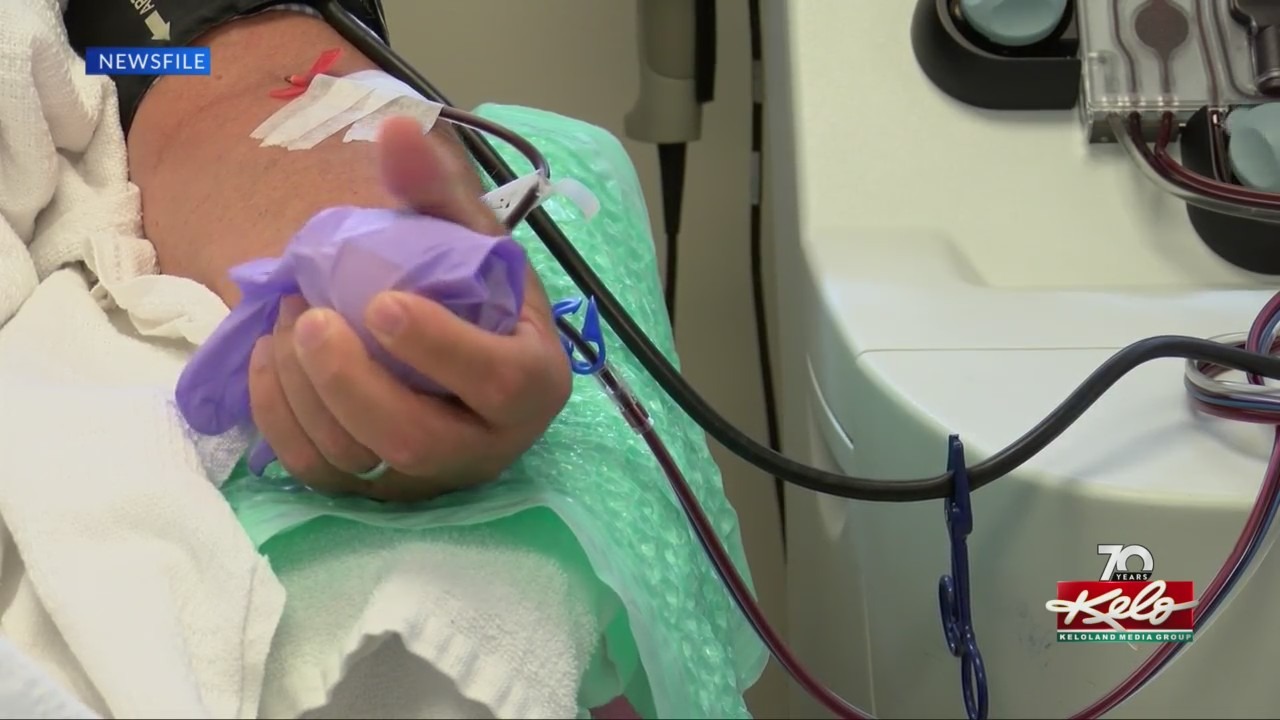Blood
Allowing for a more inclusive blood supply
SIOUX FALLS, S.D. (KELO) – In a historic change blood donation is now more inclusive. The American Red Cross announced this week they would be following the updated FDA eligibility guidelines that ease donation restrictions for the LGBTQ-plus community.
In the early 1980s, gay and bisexual men were blocked from donating blood as the U.S. aimed to prevent the spread of HIV. In 2015, rules were loosened when the FDA dropped the lifetime ban and replaced it with a one-year abstinence requirement. Now, restrictions have eased even more.
“The Red Cross believes this is one of the most significant changes in blood banking history resulting in a blood supply that will be more inclusive than ever before,” Sue Thesenga, the regional communications manager with the American Red Cross said.
The new FDA guidelines eliminate eligibility criteria based on sexual orientation. Meaning every person, regardless of gender or sexual orientation, will be asked about their sex life over the last three months — how many partners they’ve had and the type of sex.
- Criteria listed on the American Red Cross website:
- “Any individual, regardless of gender or sexual orientation, who has had new or multiple sexual partners in the last three months, and also had anal sex in that timeframe, will be asked to wait three months to donate blood from last anal sex contact.”
- “If you have taken a drug to prevent an HIV infection, known as pre-exposure prophylaxis and post-exposure prophylaxis (PrEP or PEP), you are asked to wait three months from last oral dose and two years from last injection to donate blood.”
“They’re designed to look at individual risk factors for potential exposure to HIV,” Thesenga said.
Thesenga says years of study and data collection has gone into this decision from the FDA and the American Red Cross has been a leading contributor in the work.
Click here to view upcoming American Red Cross blood donations in Sioux Falls.
“It’s important to know that decades of data have shown that this change is safe and in addition, the Red Cross, and other blood banks, do rigorous testing on every blood donation. So the American people should feel confident in the blood supply,” Thesenga said.

